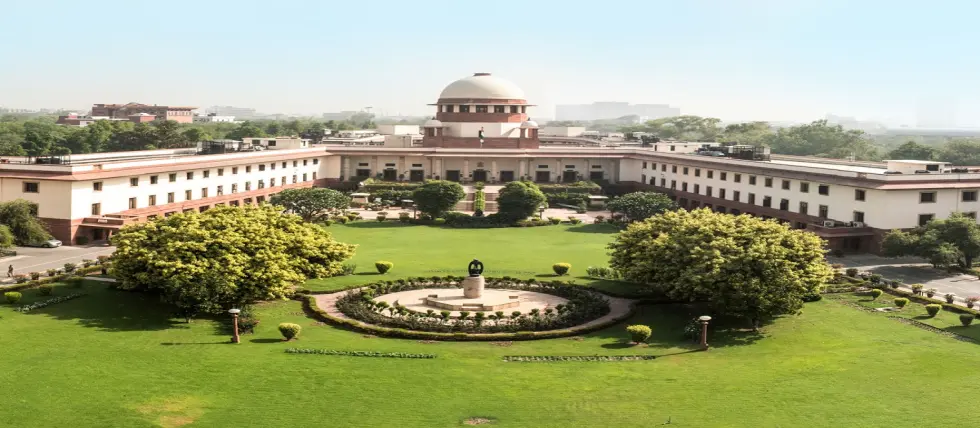India's Supreme Court to Determine Fate of Online Gambling
The Supreme Court of India has agreed to take over all ongoing legal challenges to the Promotion and Regulation of Online Gaming Act, 2025. The court consolidated petitions that were previously pending in multiple high courts, effectively centralizing the legal process surrounding the new law. The decision ensures that questions over the Act's constitutional validity will now be settled at the highest judicial level.

A bench of justices ordered the transfer after the government requested that the cases be removed from state jurisdictions. The petitions had originally been filed in the high courts of Madhya Pradesh, Karnataka and Delhi by companies and individuals opposing the legislation.
Related: Flutter Could Lose $100 Million as It Prepares India ExitBy granting the request, the Supreme Court has barred further hearings in those courts on the matter, streamlining the legal process into one central case.
Solicitor General Tushar Mehta informed the court justices that the issues raised by the petitions are closely tied to arguments already made in proceedings concerning the imposition of a 28% Goods and Services Tax on online gaming. In that case, the Supreme Court has reserved its judgment.
Mehta said that hearing the new challenges alongside earlier matters would conserve judicial resources and avoid repetition, as both sets of cases involve the status of real-money online gaming under Indian law.
The Promotion and Regulation of Online Gaming Act, which came into effect in August 2025, prohibits all online games that involve monetary stakes. The law was introduced and passed by the Union Cabinet in just five days, representing the first nationwide statute specifically targeting real-money digital gaming.
More Regulation News
 Regulation
Regulation
Hernandez Breaks Silence After UFC 324 Fight Canceled over Suspicious Betting
Feb 02, 2026State of Gambling in India Remains in Limbo
The Act establishes criminal liability for operators, advertisers and payment providers connected to such platforms, while expressly exempting eSports and casual games without financial involvement. Last week, the Madhya Pradesh High Court rejected an appeal seeking a stay on the government's notification of the Act, effectively allowing enforcement to proceed pending the Supreme Court's decision.
Supporters of the reforms have maintained their defense of the law, with Information Technology Minister Ashwini Vaishnaw highlighting studies that link popular platforms to patterns of gambling and financial irregularities. The Ministry of Electronics and Information Technology has confirmed that a separate authority will be established to encourage eSports and recreational games that do not involve money, in an effort to draw a distinction between gaming as a form of competition and gambling for profit.
The Act has already had substantial economic repercussions across the gaming industry. Several major firms, including Games24x7, MPL and Baazi Games, have initiated layoffs in response to the prohibition.
Trade associations have cautioned that more than 200,000 jobs and over 400 companies may be affected if the restrictions remain in force without modification. The industry has argued that the sudden regulatory shift has disrupted an expanding market that had attracted significant investment.
This is not the first time the Supreme Court has stepped in to consolidate litigation related to online gaming. In 2024, the court transferred 27 writ petitions from nine different high courts concerning the GST levy on real-money online gaming to itself.
RELATED TOPICS: Regulation
Most Read
Mississippi Committee Advances Bill to Criminalize Online Sweepstakes Casinos
Jan 29, 2026Giuseppe Iadisernia Wins Seminole Hard Rock Lucky Hearts Poker Open Championship
Jan 28, 2026Must Read
 Interviews
Interviews
Exclusive Interview: Levon Nikoghosyan Shares AffPapa Winning Formula for Successful iGaming Events
Dec 03, 2025 Interviews
Interviews





Review this New Post
Leave a Comment
User Comments
Comments for India's Supreme Court to Determine Fate of Online Gambling